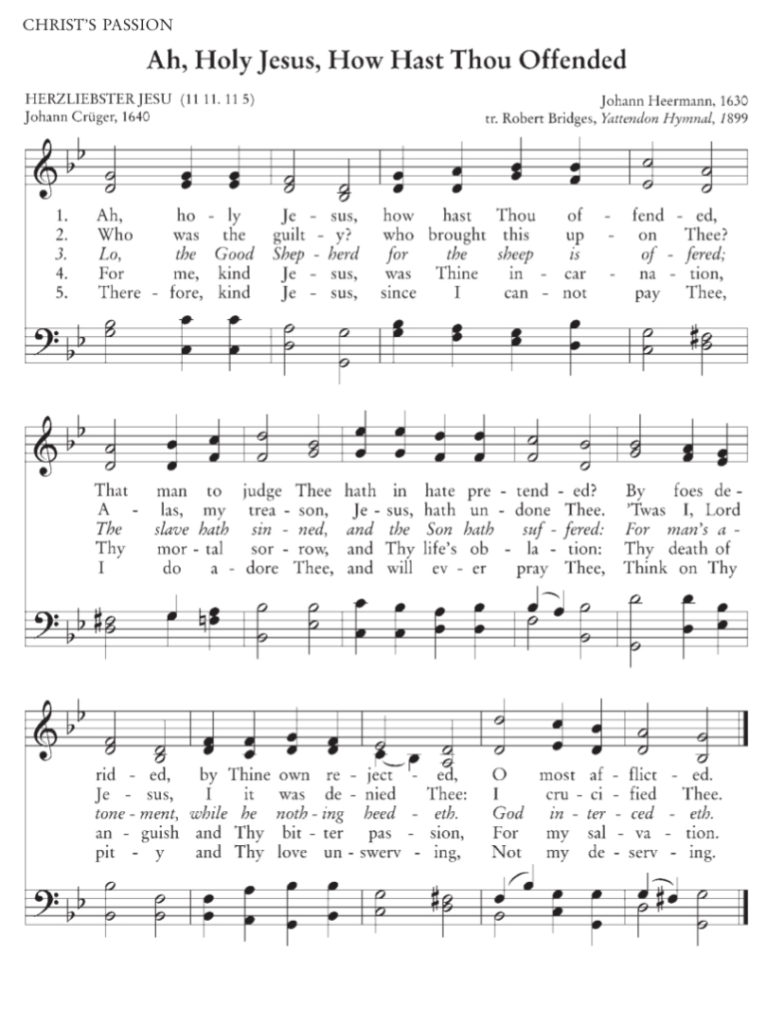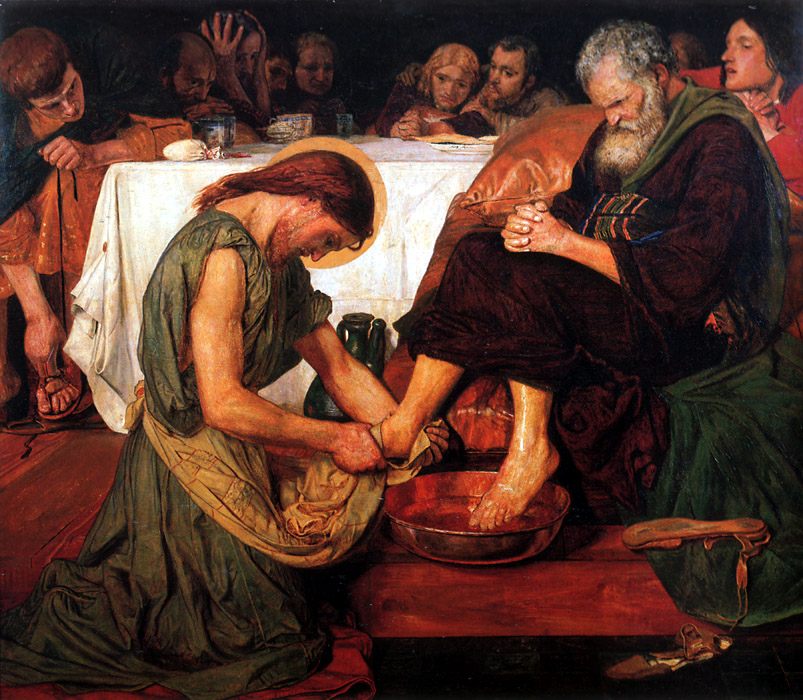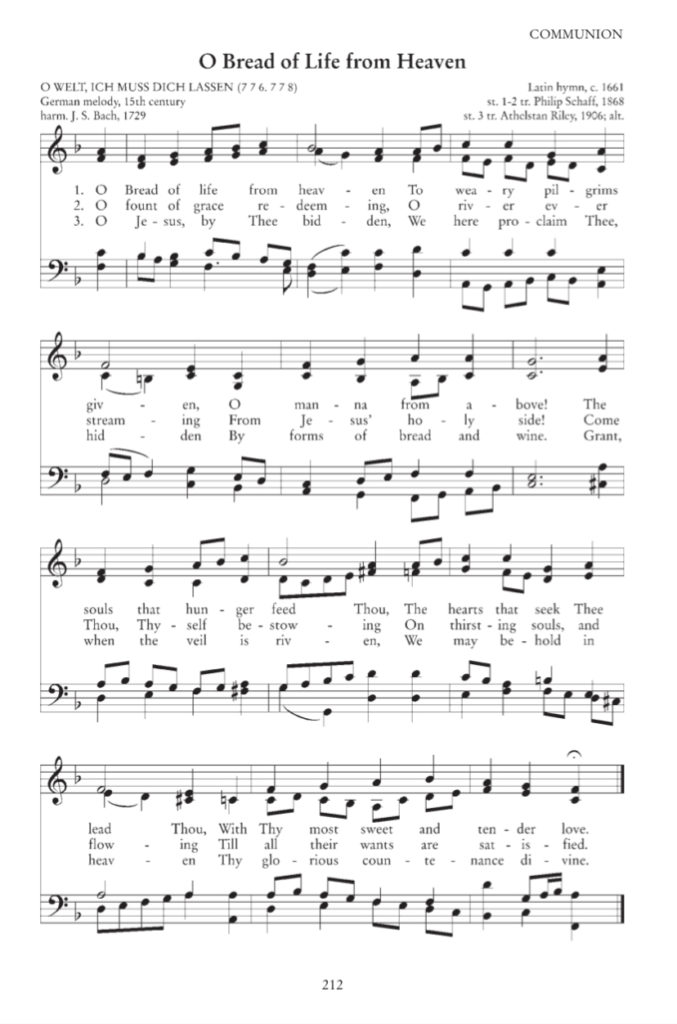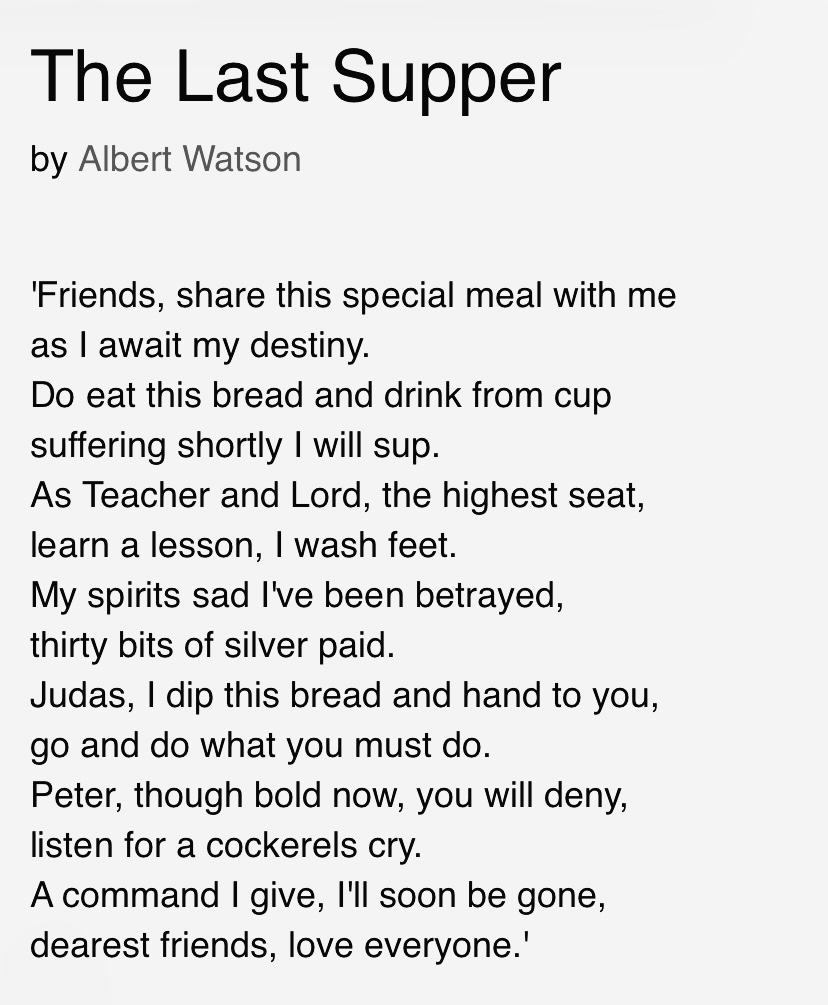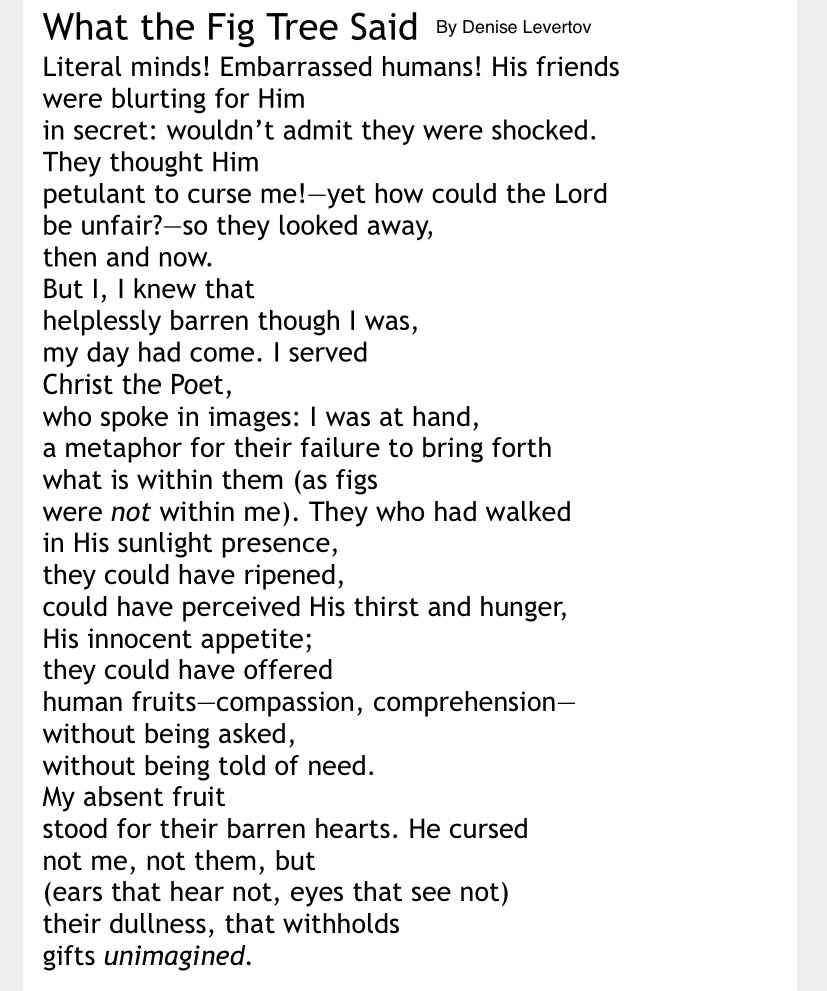(…continued from Aletheia, part nine…)
The truth is, we are called to bear fruit in our motherhood. To produce it and to carry it. Put your hands to the work before you, planting and tending and praying for the coming harvest. The truth of who we are as mothers is that we are the nourishers and nurturers of the bodies, minds, and souls of the children entrusted to us. But it is not by our own strength that we can accomplish these things. It is only through the enabling strength of Christ, and His work on our behalf, that we can strengthen the bodies, instill wisdom in the minds, and fatten the souls of our children. This takes repentance. This takes humility. This takes a posture of being a student alongside our children, even while we labor as teacher. This takes being a discipler of our children, even while being a disciple of Christ alongside them.
Truthfully, there is no more important work than that of discipling our kids. Bringing them along with us to the Lord. We do this by faith, by example and by leading. Do your kids see the primacy of Christ in your life? Do they know that Scripture and prayer and repentance and forgiveness are the backbone of life? Are they growing in their knowledge of God’s Word? Are the affections of your family’s hearts set on things above or things on the earth? Is your family being conformed to this world or transformed by Christ and His Word? Are you pursuing being noticeably different than the world around you? How do your kids stand out as undeniably God’s children? Only the Lord knows the heart, but a tree is known by its fruit. Act, speak, and dress like redeemed people, purchased at a price.
Give your children opportunities to fellowship with faithful Christians outside your own home. Faithfully take them to worship corporately every Sunday morning. Show them the loveliness of the Lord’s Day by setting it apart from six days of work. Sing psalms and hymns and spiritual songs. Memorize Scripture in context. Teach through the practice of catechesis. Confess your sins against your children quickly and honestly. Forgive generously when your children sin against you. Be quick to listen and slow to speak. Smile in the faces of your children, and show them the joy of the Lord. Rejoice when your children rejoice, and sorrow with them when they are sorrowful. Show your children the grace of hospitality in the every day sacrificial acts of feeding them, clothing them, laying down your life for them even as Jesus washed the feet of His disciples. Tell your kids what you love about them, and what makes you thankful to be their mama. Speak blessing over them. Make your home a haven to which they long to flee for refuge, comfort, rest, fellowship, feasting, and joy. Lace the Word of God and the fruit of the Spirit through everything, because it is in Him that we live and move and have our being.
Proverbs 11:30 says, “The fruit of the righteous is a tree of life, and whoever captures souls is wise.” Capture your children in the wonder of Christ. Proverbs 3 says, “Do not lose sight of these—keep sound wisdom and discretion, and they will be life for your soul and adornment for your neck. Then you will walk on your way securely, and your foot will not stumble. If you lie down, your sleep will be sweet. Do not be afraid of sudden terror or of the ruin of the wicked when it comes, for the Lord will be your confidence and will keep your foot from being caught.”
Be encouraged, Mamas.
“But we are bound to give thanks always to God for you, brethren beloved of the Lord, because God has from the beginning chosen you to salvation through sanctification of the Spirit and belief of the truth: Whereunto he called you by our gospel, to the obtaining of the glory of our Lord Jesus Christ. Therefore, brethren, stand fast, and hold the traditions which you have been taught, whether by word or letter. Now our Lord Jesus Christ Himself, and God our Father, who has loved us, and has given us everlasting consolation and good hope through grace, comfort your hearts, and establish you in every good word and work.” (2 Thessalonians 2:13-17)
~~~
Heavenly Father, you are holy and you are good. You are the perfect husband and father. Please help us to rest in you, to bless Your name at all times, and to offer ourselves as willing vessels to be poured out for Your sake. Please mold us into godly wives who are complements to the specific husband you have given each of us, to be helpmeets that speak the truth in love, to grow in virtue, to be home centered home lovers. Please also mold us into godly mothers who love to nurture and nourish the children You have given us. Make us wise to the needs of our children’s bodies, souls, and minds. Cause us to be winsome examples for the sake of Christ, and enable us to lead our children in Your ways. Give us joy in the posture of humility as we repent of our ignorance and seek to grow in knowledge and wisdom even as we work to educate our children. Thank You for promising to be the God of our children, to those who love You and follow Your commandments, even unto a thousand generations. Enable us to mimic You in being kind, forgiving, generous, comforting, and truthful. Please return our minds and conversations to things which are worthy of meditation: honor, virtue, joy, and truth. Give renewed vision for who we are as Your people and how You have equipped us to work for Your kingdom. As we take dominion over the gardens allotted to us, please make us fruitful and bless the work of our hands. We offer ourselves to You in faith, knowing that You created and called us, and You will faithfully complete Your work in us. Please establish us in every good word and work, blinding us to falsehood and peeling the scales off our eyes to see Your truth. We thank You, and in the name of Jesus we boldly ask for blessing in all of these things. Amen.



